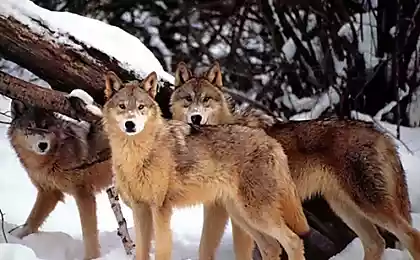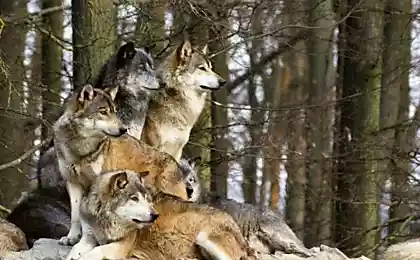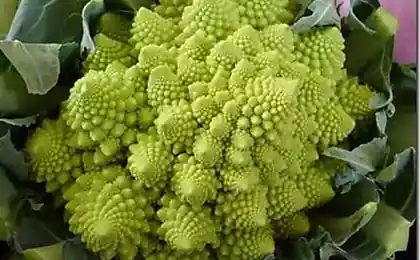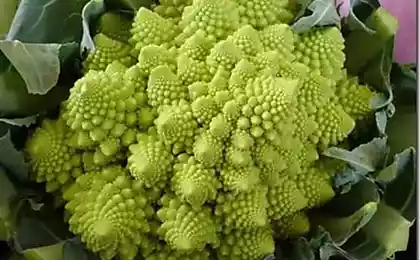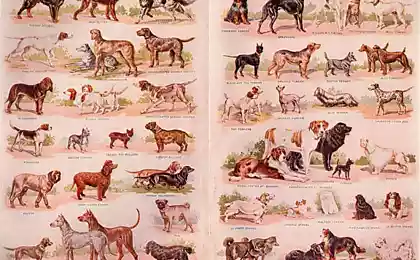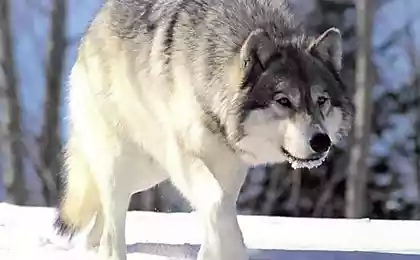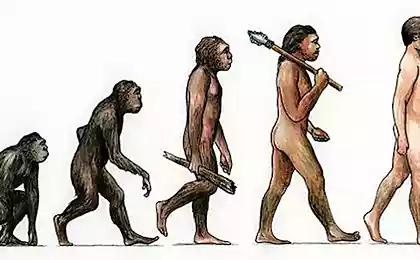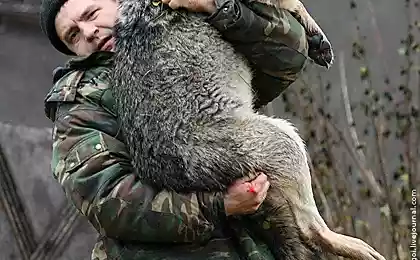193
From Wolf to Dog: Who Trained Whom?

Description: A Revolution in Anthropology: How Wolves’ Friendship Rewrote Human History Analysis of genetic, archaeological and behavioral puzzles revealing the mystery of the oldest union of species.
An unexpected twist: when a predator becomes an ally
In 2025, mathematical simulations from the University of Wisconsin overturned the notion of domestication: it turned out that wolves could independently evolve into dogs in just 8,000 years, simply feeding on garbage in human parking lots. This calls into question the classical theory of artificial selection – perhaps our ancestors were victims of the “evolutionary temptation” of Canis lupus.
Three key domestication hypotheses
- A simulation of survivalThe tame wolves received 37% more food in the hunting grounds.
- Genetic compromiseReduced aggression linked to mutations in GTF2I gene
- Environmental triggerThe extinction of megafauna forced wolves to look for new niches

Archaeology vs. Genetics: The Battle for Truth
Analysis of teeth from the Czech site of Předmosti (28,500 years old) revealed two types of canids: some ate meat like typical wolves, others – bones from landfills, demonstrating proto-domesticated behavior. But genomic studies show that modern dogs do not descend from current wolves, but from an extinct Pleistocene population.
Chronology of shifts
- 40,000 years ago: genetic divergence of lines
- 23,000 years agoMigration with People to America
- 14,200 years agoThe first ritual burial of a dog in Bonn Oberkassel
The Neurobiology of Trust: Why Wolves Chosen Us
Studies at the University of Zurich have revealed a unique feature in dogs: when interacting with humans, they activate the caudate nucleus - the area of the brain responsible for social reward. It is possible that ancient wolves with hypertrophied oxytocin sensitivity became biological “drug addicts” of human attention.

Glossary
Proto-domestication The initial stage of symbiosis without targeted selection
hormesis Evolutionary Advantage of Moderate Stress
Isotope analysis Reconstruction method of diet on the chemical composition of bones
Mitochondrial Eve The hypothetical progenitor of all dogs
